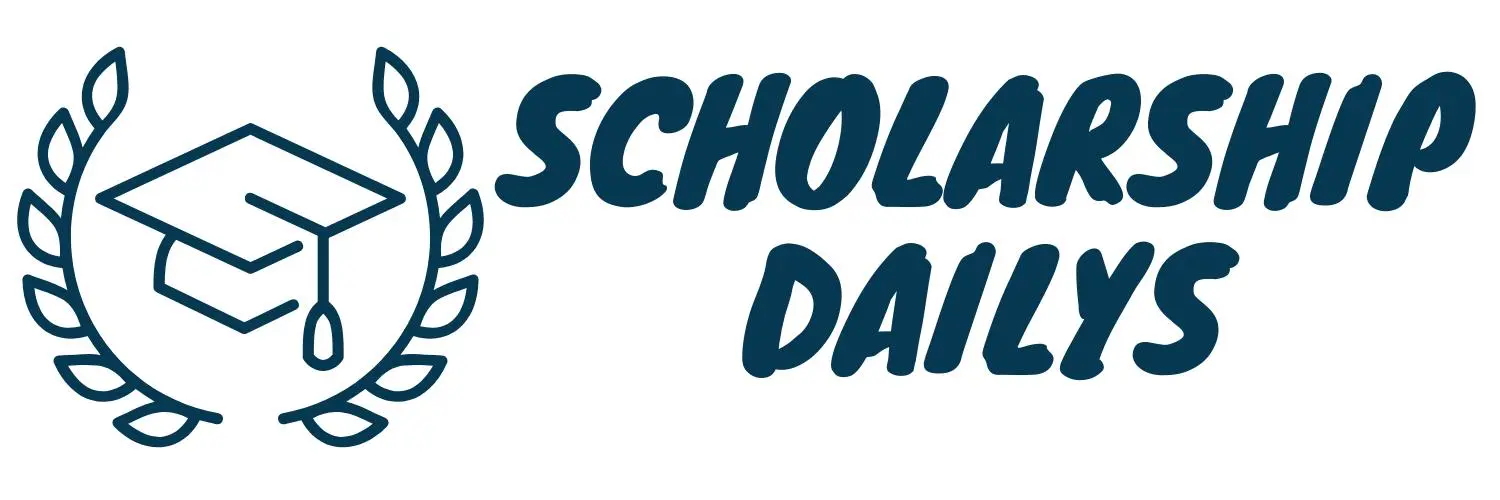Dreaming of going into the world of Science, Technology, Engineering, or Mathematics (STEM)? Canada emerges as a promising destination for aspiring minds seeking higher education.
According to recent statistics, from 2017 to 2029, STEM job growth is expected to increase by 8%, a higher rate than non-STEM jobs. STEM courses in Canada provide numerous benefits to students, making them job-ready and efficient professionals. Let’s the Full Guide to Studying STEM courses in Canada:
Eligibility for STEM Education in Canada
Embarking on a STEM educational journey in Canada requires certain essentials:
- Academic Prerequisites: Canadian universities typically seek commendable academic transcripts from high school, with some programs stipulating specific prerequisites in mathematics or sciences.
- Language Proficiency: International students often need to showcase their English proficiency through standardized tests like IELTS or TOEFL.
- Visa and Immigration: Exploring visa requirements and ensuring all necessary documents are meticulously organized is crucial for international students aspiring to study in Canada.
- Financial Support: Seek out the plethora of scholarships and grants available to support international students pursuing STEM degrees across Canadian institutions.
Courses for STEM in Canada
Canada presents an enticing array of STEM programs catering to diverse interests:
- Engineering: Civil, Mechanical, Electrical, or Software Engineering programs that rank highly within Canadian universities, nurturing future innovators.
- Computer Science: Immerse yourself in the realms of coding, cybersecurity, artificial intelligence, and machine learning through specialized Computer Science courses at various Canadian institutions.
- Life Sciences: Explore Biology, Biochemistry, or Biotechnology courses, uncovering Canada’s rich research landscape in the life sciences domain.
- Mathematical and Physical: Pursue Mathematics or Physics degrees with diverse specializations, offering gateways to intriguing research or industry pathways.
10 STEM Universities in Canada
Canada, renowned for its academic excellence and innovation, hosts several esteemed universities offering exceptional STEM programs. Let’s explore the top 10 universities paving the way for aspiring scientists, engineers, and tech enthusiasts.
1. University of Toronto (UofT): Renowned for its cutting-edge research and innovation, UofT offers an extensive range of STEM programs, including Computer Science, Engineering, and Life Sciences.
2. University of British Columbia (UBC): UBC stands out for its strong STEM offerings, boasting exceptional faculties in Engineering, Computer Science, and Biological Sciences.
3. McGill University: McGill’s Faculty of Science and Faculty of Engineering provides a diverse array of STEM courses, recognized globally for their quality education and research initiatives.
4. University of Waterloo: Famed for its co-op programs, Waterloo excels in Engineering, Mathematics, and Computer Science, providing students with hands-on industry experience.
5. University of Alberta: A leader in research and innovation, UofA offers robust STEM programs in fields like Engineering, Computer Science, and Biological Sciences.
6. University of Calgary: UCalgary’s STEM offerings encompass fields such as Engineering, Geomatics Engineering, and Computer Science, emphasizing research and industry collaboration.
7. McMaster University: McMaster’s Faculty of Science and Faculty of Engineering excel in providing quality education in Life Sciences, Engineering, and Mathematics.
8. Simon Fraser University (SFU): SFU stands tall in fields like Computing Science, Engineering Science, and Biological Sciences, promoting interdisciplinary learning and research.
9. Queen’s University: Queen’s boasts strong programs in Engineering, Computing, and Physical Sciences, emphasizing experiential learning and research-driven education.
10. University of Ottawa: Known for its strong research initiatives, uOttawa offers diverse STEM programs, including Engineering, Computer Science, and Health Sciences.
Challenges in STEM Education in Canada
Canada’s STEM education landscape faces various challenges, despite its reputation for academic excellence. Here are some prevalent hurdles:
- Gender Disparity: Despite efforts to bridge the gap, women remain underrepresented in STEM fields due to persisting stereotypes and cultural biases.
- Access and Equity: Disparities in STEM education accessibility across regions and socioeconomic backgrounds hinder equal opportunities for quality education.
- Curriculum Adaptation: With rapidly evolving technology, updating STEM curricula to align with industry needs becomes crucial but challenging due to bureaucratic processes.
- Teacher Shortage: The shortage of qualified STEM educators contributes to insufficient learning support and limits exposure to practical learning experiences.
- Resource Allocation: Inadequate funding for STEM programs, especially in research and infrastructure, restricts the scope for innovation and practical learning.
- Engagement and Retention: Keeping students engaged and motivated in STEM fields, particularly during early education stages, poses a challenge due to complex subject matter and uninspiring teaching methods.
STEM Jobs in Canada
Canada boasts a thriving job market in STEM fields, offering a plethora of opportunities across various sectors:
- Information Technology (IT): Canada’s tech industry offers abundant roles in software development, cybersecurity, data analytics, and artificial intelligence (AI).
- Engineering: Opportunities in the civil, mechanical, electrical, and biomedical engineering sectors are abundant, with a growing demand for sustainable solutions.
- Healthcare and Life Sciences: The healthcare sector seeks professionals in biotechnology, pharmaceuticals, medical research, and healthcare technology.
- Environmental Science: With a focus on sustainability, careers in environmental science, renewable energy, and climate research are on the rise.
- Mathematics and Statistics: The demand for data analysts, statisticians, actuaries, and mathematicians is increasing across diverse industries.
- Research and Academia: Opportunities exist in academia and research institutions for scientists, researchers, and professors driving innovation.
Conclusion
Choosing Canada for your STEM aspirations unveils a realm of endless opportunities. Whether you’re navigating eligibility prerequisites or exploring the breadth of STEM programs, Canadian universities stand poised to offer an enriching educational experience.
